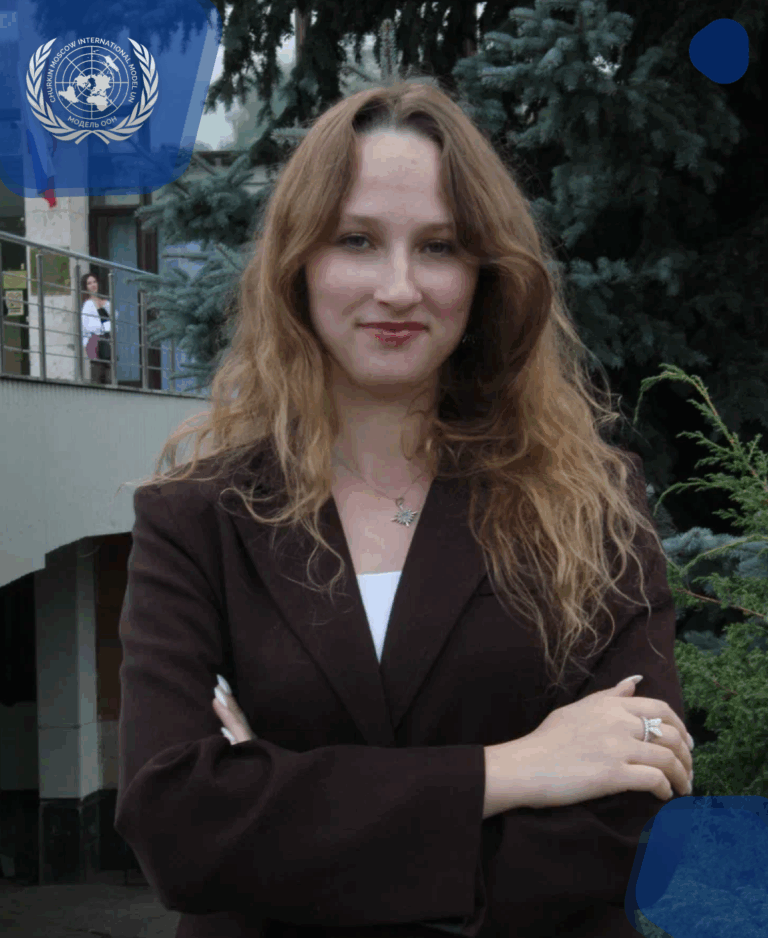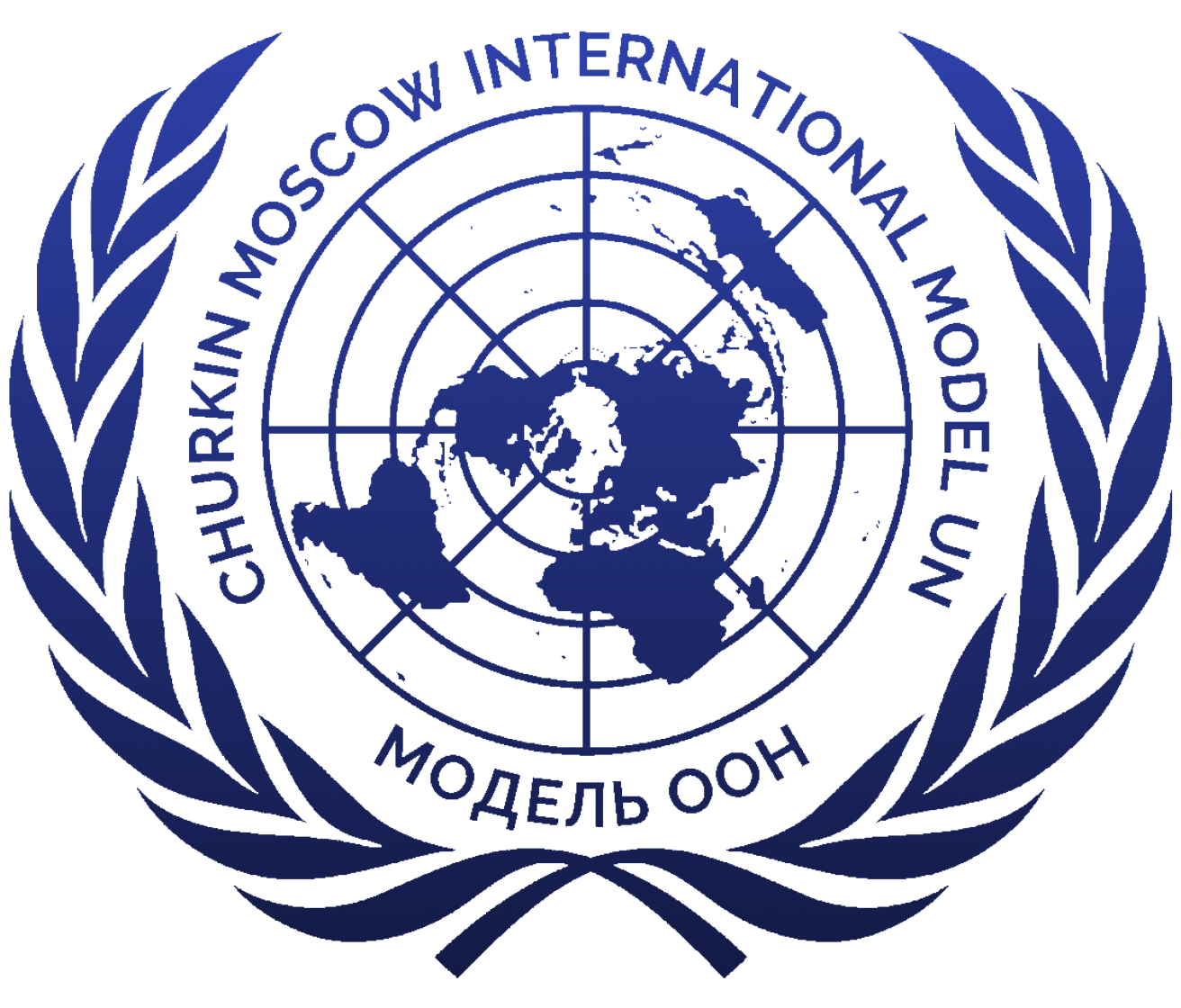- Про Модель ООНКомитетыУчастие
- Про Модель ООН
International Civil Aviation Organization (ICAO)
ICAO (International Civil Aviation Organization) is dedicated to developing safe and efficient international air transport for peaceful purposes and ensuring a reasonable opportunity for every state to operate international airlines. The ICAO’s activities have included establishing and reviewing international technical standards for aircraft operation and design, crash investigation, the licensing of personnel, telecommunications, meteorology, air navigation equipment, ground facilities for air transport, and search-and-rescue missions. The organization also promotes regional and international agreements aimed at liberalizing aviation markets, helps to establish legal standards to ensure that the growth of aviation does not compromise safety, and encourages the development of other aspects of international aviation law.
Agenda: Ensuring global flight safety in the events of applying Temporary Flight Restrictions or GNSS spoofing/jamming
Submit an applicationPresident
Proshina Polina
Vice-president
Tatsiy Maria
Working language
English
Delegates and observers
35+5
Experts
Felix Belkin
Mail
icao@modelun.ruDistinguished delegates,
On behalf of the International Civil Aviation Organization and as the President of this Committee, it is a great honor to warmly welcome you.
You have gathered here at a critical moment for international civil aviation. Our agenda is not merely a topic for discussion. It is one of the most pressing and complex challenges facing global aviation today.
Your task in this committee is formidable. The safety of the skies knows no borders. A disruption in one region can create ripples across the globe. Therefore, we need from you more than just resolutions. We need robust, practical, and collaborative frameworks that can address the legal, technical, and operational aspects of these challenges.
I urge you to engage in debates with respect, to listen with an open mind and to seek consensus with determination. The compromises you forge here are a reflection of the decisions that must be made in real-world ICAO councils to keep our skies safe.
Best regards,
The President of the ICAO Committee,
Proshina Polina

Dear delegates,
I am glad to welcome you to the ranks of the “air” Committee, in ICAO!
You have chosen a committee with a complex agenda related to flight restrictions. With the development of special types of aviation, our agenda is becoming particularly relevant.
May your positions and ideas be as light, go up, and help us draft an interesting and constructive resolution.On the model itself, you need to be bold and constructive enough to become part of an important coalition and adopt a good resolution!
With love,
The Vice-President of the ICAO Committee,
Tatsiy Maria

Dear delegates,
As the Expert of International Civil Aviation Organisation it is a great pleasure to welcome you to C-MIMUN 2026!
During the duration of our model, you will encounter contemporary challenges within the air transportation industry. Finding a proper and effective solution to our agenda wouldn’t be a simple task. You will be required to demonstrate your knowledge, creativity, and exceptional communication abilities.
Indeed, your task presents a significant challenge due to its comprehensive nature, requiring an in-depth understanding of the extensive aviation framework. However, I am confident that you will succeed with such a challenge.
Enjoy every single moment of your model! And, of course, fly safe!
With warm regards,
The Expert of International Civil Aviation Organisation,
Felix Belkin
— Before writing the thesis, it is recommended to read the expert’s report, as well as official documents. The thesis should consist of at least 3 parts: introduction, main part and conclusion;
— The thesis should also be supported by arguments, official documents or reasons. It is necessary to write proposals and a solution to this problem;
— The length of the thesis may vary, but it should not exceed 2 pages;
— Requirements: Times New Roman, 14 font, justified alignment and one and a half spacing.
A position statement is a formal expression of a particular state’s view on a particular international issue within a meeting of the United Nations system. The position statement reflects the state’s opinion and interests in the international arena and its strategic approach to addressing global challenges.
Before writing a position, you need to carefully study the agenda and the expert’s report. To write the position of your country specifically, study additional sources and statements in the news on the agenda.
The position traditionally consists of three parts: the introduction, where you briefly describe the agenda under consideration and express general concern about the problem, the main part, where you propose specific measures to resolve the problem, which can be reflected in a resolution and conclusion.
Country list: Representative: 1 Argentina 2 Australia 3 Austria Roy Subhrangshu 4 Brazil 5 Canada Le Duc An 6 Chile 7 China 8 Egypt 9 El Salvador 10 Equatorial Guinea 11 Ethiopia 12 France 13 Germany Daria Platushchikhina 14 Ghana 15 Iceland Ivankina Polina Igorevna 16 India 17 Italy 18 Jamaica 19 Japan 20 Malaysia 21 Mauritania 22 Mexico 23 Nigeria 24 Qatar 25 Republic of Korea 26 Romania 27 Saudi Arabia 28 Singapore 29 South Africa 30 Spain 31 United Arab Emirates 32 United Kingdom Imaad Ahmed 33 United States 34 Venezuela 👑President 35 Zimbabwe Observers: 1 AOPA international 2 Eurocontol 3 IATA 4 LACAC (latin american civil aviation commission) 5 UAA (university aviation association)
